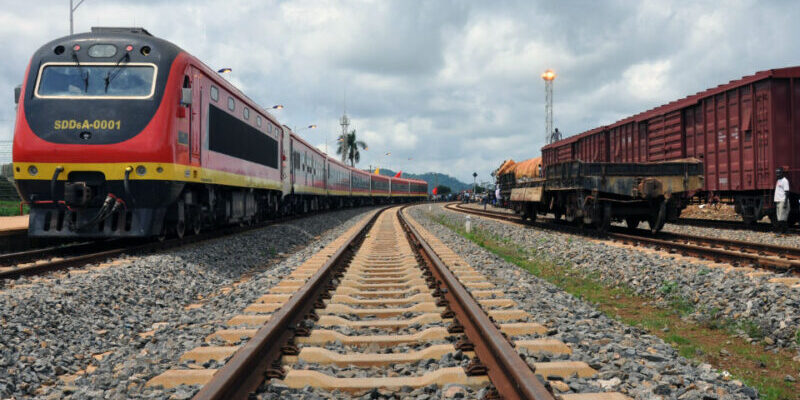The USAID representative in Angola, William Butterfield, highlighted several challenges to the electrical interconnection of the Lobito Corridor with the Democratic Republic of Congo (DRC) and Zambia, emphasizing that government subsidies on electricity prices create significant barriers to private investment.
“It presents a high barrier for private investment, but the Angolan government is implementing reforms to reduce these ineffective subsidies,” Butterfield stated in a press conference on Wednesday.
The U.S. government, through Power Africa and USAID, hosted a Conference on Coordination of Support for the Lobito Corridor in Lobito, Benguela province.
The Lobito Corridor is a strategic railway project connecting Angola to mining regions in the DRC and Zambia.
Butterfield explained that the conference brought together private sector actors and international donors to develop a private investment plan aimed at boosting energy sector development, with a particular focus on clean energy.
This initiative aligns with the key investment priorities during U.S. President Joe Biden’s upcoming visit to Angola from October 13 to 15, 2024.
“Investing in the energy sector significantly impacts community development, especially in rural areas,” Butterfield added, underscoring USAID’s efforts to support female farmers in boosting production, particularly through empowerment initiatives.
Rikke Viholm, president of the board of directors of People-to-People Development Aid (ADPP), said multiple projects are underway along the Lobito Corridor, targeting education, health, and agriculture. These include initiatives supporting 8,000 women farmers in Cubal, Ganda, Catabola, and Londuimbali.
Funded by USAID, Exxon Mobil, and Azule Energy, these projects aim to improve agriculture by addressing barriers in financial literacy, land rights, and active citizenship.
Viholm expressed optimism about Power Africa’s participation, noting that “women farmers are keen to see growth, but face challenges like access to energy and water that could significantly increase their productivity.”
Power Africa Deputy Director Ted Lawrence highlighted the broader goal of expanding energy connectivity across the continent, targeting 30,000 megawatts and 60 million new connections.
He pointed out that while Angola has strong energy production, transmission challenges remain, particularly in connecting the southern, central, and western regions of Africa.
“Angola has significant energy production, but we need to strengthen connections with the southern part of the continent,” Lawrence noted.
He mentioned plans to harness at least three gigawatts of energy potential in the Southern Hemisphere, in collaboration with Namibia.
Lawrence added that the Angolan government estimates over $1 billion in investment is needed for the electrical interconnection of the Lobito Corridor with the DRC and Zambia, but further investments are expected to promote broader development along the corridor.
The Lobito Corridor, launched under the G7 Global Infrastructure and Investment Partnership (GIP) in May 2023, is the first strategic economic corridor of its kind.
The European Union and the United States reaffirmed their support for the development of this initiative at the September 2023 G20 Summit in New Delhi.
![]()




